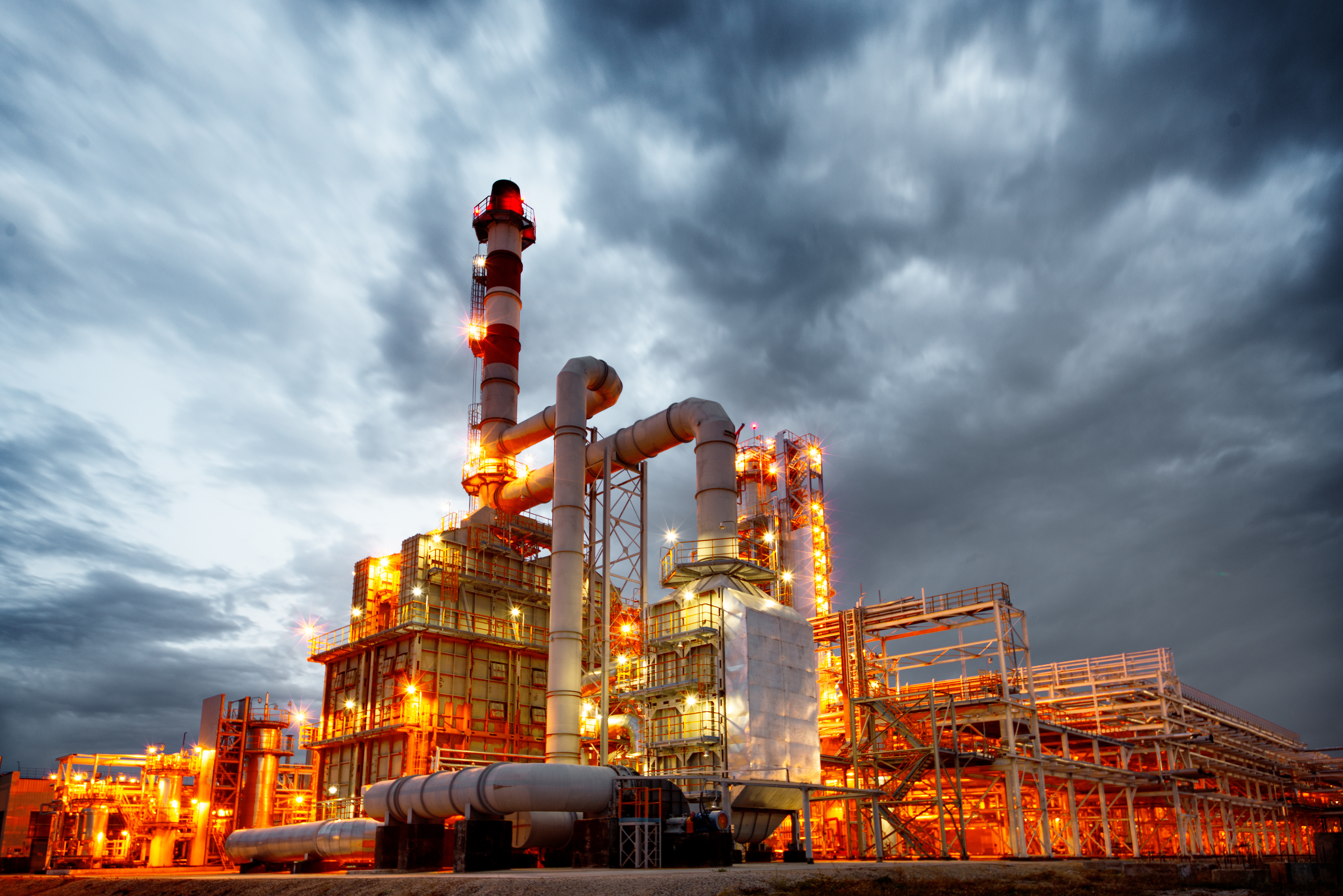
Will demand for oil decline in the next decade or two? Or will demand continue to grow? Sorting out questions like that makes my brain hurt.
The Wall Street Journal had an extra report section 5/22/17 called Innovations in Energy. Some interesting comments:
5/22/17 – Wall Street Journal – Get Ready for Peak Oil Demand – In yet another complete repudiation of the foolish forecasts of Dr. M. King Hubert, there is a gathering consensus that instead of Peak Oil, meaning we will use up all the oil someday, we may be facing Peak Oil Demand, which is the idea that oil consumption may fall because of various factors such as improved efficiency in vehicles, electric/hybrid cars, and reliance on solar/wind power.
There are a lot of implications of Peak Demand, if that actually turns out to be a real thing.
For starters, there is massive impact on oil companies and the impact on oil prices. One additional factor is there would be an end to the severe pressure to always be finding more oil.
Article provides guesses from 7 major players in the energy world as to when we will see peak oil demand:
- 2025-30 – Royal Dutch Shell
- 2030 – Statoil
- By 2040 – Total
- 2040s or earlier or later – BP (gotta’ love the boldness in that forecast)
- After 2040 – International Energy Agency
- No peak – Chevron
- No peak – Exxon Mobil
On the other hand…
5/29/17 – Mark Mills at Real Clear Energy – Millennial Behavior Is About To Make Fools of Peak Energy Demand Theorists – Mr. Mills thoroughly disagrees with the Peak Demand theory.
About half of total energy consumption in the US is from homes and cars.
One of the major drivers of the Peak Demand concept is the idea of millennials not wanting to buy cars and not buying houses. Is that because young folks don’t want to have a car or a house? Or is it because economy is only now fully recovering from the Great Recession?
Mr. Mills says young folks want to have a car just like older folks and want to own a house just like older folks and want to have a family just like older folks.
When people who graduated from high school and college over the last 7 years start to buy cars there will be increased energy demand. When they start to buy houses energy consumption will increase. When they have growing families energy consumption will increase further.
To illustrate his point he shows a graph of number of miles driven, which after taking a serious hit from the financial pressure arising from the great recession, shows vehicle usage rising significantly over the last three years.
He also mentions that about 40% of home purchases are from millennials.
To support Mr. Mills’ point, consider what is going on in the Inland Empire area of Southern California. That is the metropolitan area to the east of Los Angeles. Technically that would be the Riverside-San Bernardino-Ontario SMSA. Don’t know the statistics but there are several million people in this suburban area.
An article in the local paper, the Daily Bulletin, on 5/25/17 pointed out Inland business is back to pre-recession peaks – with one big exception. It is only in the first quarter of 2017 that the Inland Empire is seeing economic activity higher than at the start of the Great Recession.
Only now, a full seven years later, has personal income, level of employment, and total economic output finally recovered. Construction is up dramatically but only in the commercial/warehouse area, not residential.
Let me rephrase that. It has taken seven years for this area to recover from the great recession. That means only now can economic activity grow and new jobs appear above where things were in 2007.
Put that information together with Mr. Mills article: people who have graduated from high school and college in the last decade can now start buying cars, start families, and finally think about buying houses.
That will have a dramatic impact on energy consumption.
I am starting to think Peak Oil Demand might be as wrong as Peak Oil (Supply).